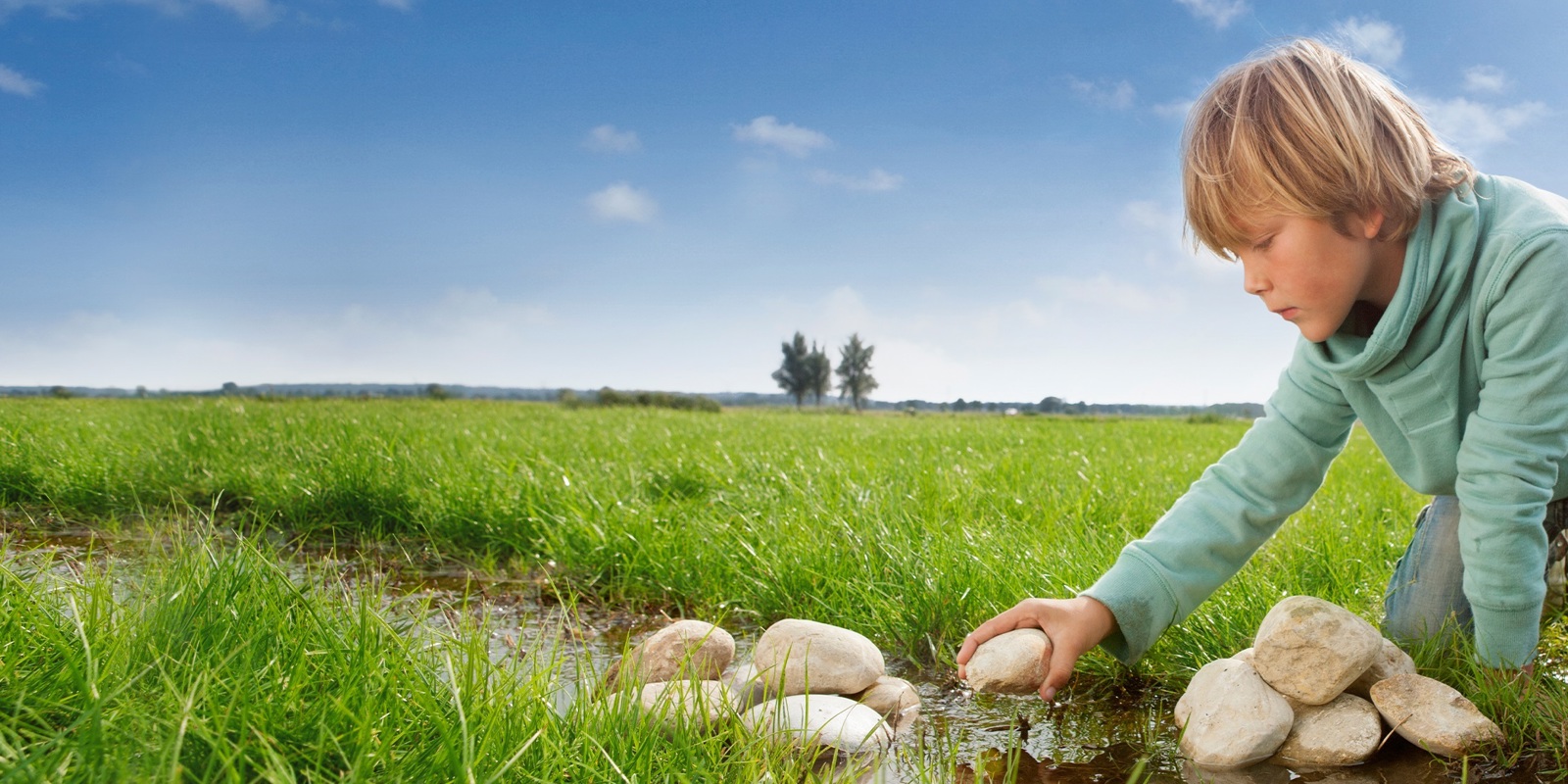A surprising source of sustainable ingredients
A third of all food for human consumption in South Africa is never consumed. This food usually ends wasted in landfills. By law, food that has not been sold before its expiration date is no longer suitable for human consumption. This forces bakeries in South Africa to take back any bread that has reached the end of its shelf life in the supermarket. De Heus saw a unique opportunity to use the valuable nutrients of this bread and prevent them from going to waste.

In the past, bakeries would give away old bread as a waste product. For example, food banks would collect the bread to help people struggling with food insecurity, or farmers would use the bread to feed their pigs. “The problem with bread is that it starts to produce mould quite quickly when in plastic,” explains Koos Kooy, General Manager in South Africa. A big concern for the bakeries was that the giveaway bread could actually impose health risks for humans and animals.
A new circular feed concept
In South Africa, an interesting opportunity presented itself 8 years ago, when Kooy and his team were approached by a yeast manufacturer, offering them a supply of expired processed bread. Kooy and his team ended up taking over the bread processing facility, in order to use the left-over bread in their feed and give valuable nutrients a second chance. Kooy: “For us, it is very much a one-on-one replacement for corn. In terms of gelatinization in the manufacturing process, the bread even helps give the feed a better structure.”
To help professionalise the process, it needed to be automated. “The facility was debagging the bread by hand. We provided technology to automatically debag, dry and mill the bread,” Kooy says. It was quite a challenge to separate the plastics from the bread and find an efficient drying process. But the team managed to pull it off! The breadcrumbs that are now produced can be used in animal feed as a substitute for grains.
Taking over the processing facility was a starting point for a much larger operation. Today, De Heus has supply contracts with the 3 major bakery groups in the country, providing bread from 16 individual bakeries in the Gauteng, Durban and Cape Town regions.
“To unlock the value of food waste, you need to think about processing it and turning it into a format that other industries can easily use.
“De Heus transforms the bread that is not usable for us into a product with added value in another value chain, the animal feed chain. A big advantage for us is the convenience of one party processing it from waste to product in a responsible and safe manner,” says Dickey Wheeler from Premier Foods – one of the bakeries De Heus buys the bread from.
Besides giving the old bread a new life, De Heus ensures that the plastic packaging of the bread is separated and sold to a recycling factory. The partnership between the bakeries and De Heus amounts to a staggering 1,600 tons of bread per month saved from landfill, which helps reduce the environmental impact of food waste.
Looking into other by-product streams
The bakeries are now making money from their bread waste, enabling them to reduce their production costs. Kooy is glad to see more and more industries realising that by-products are not just waste, but actually represent value. “To unlock the value of food waste, you need to think about processing it and turning it into a format that other industries can easily use. Helping other industries turn their waste into value is definitely a focus for us.”

The successful experience with bread waste,inspired the team in South Africa to look into other by-products and waste streams. For example, they are evaluating waste products from the citrus industry. South Africa is the second largest citrus exporter in the world and juice factories generate tons of by-products. These leftovers, like citrus pulp and peels, offer great potential as a feed ingredient. De Heus is currently exploring options to use these by-products and transform them into a suitable ingredient for animal feed.

Responsible Feeding program
To safeguard our contribution towards the availability and accessibility of safe and healthy food we have developed our own sustainability program. The Responsible Feeding program helps us seek opportunities for shared value in the supply chain and focus on activities that have impact on local communities.
More about our Responsible Feeding program




